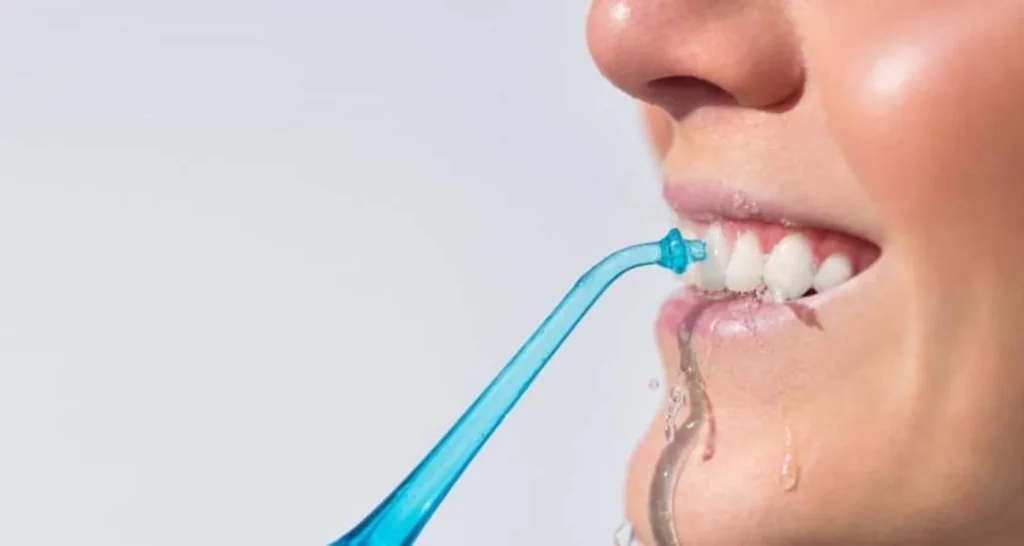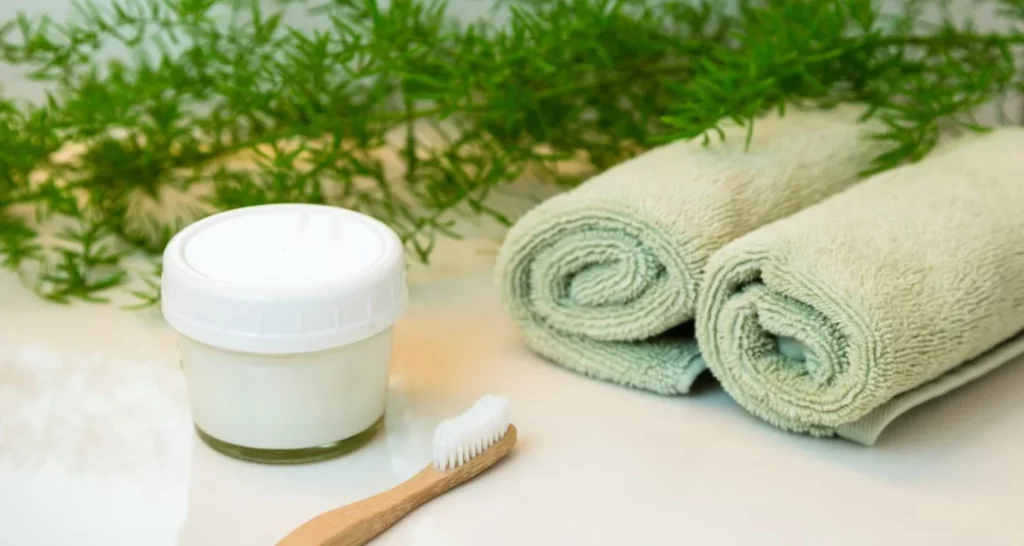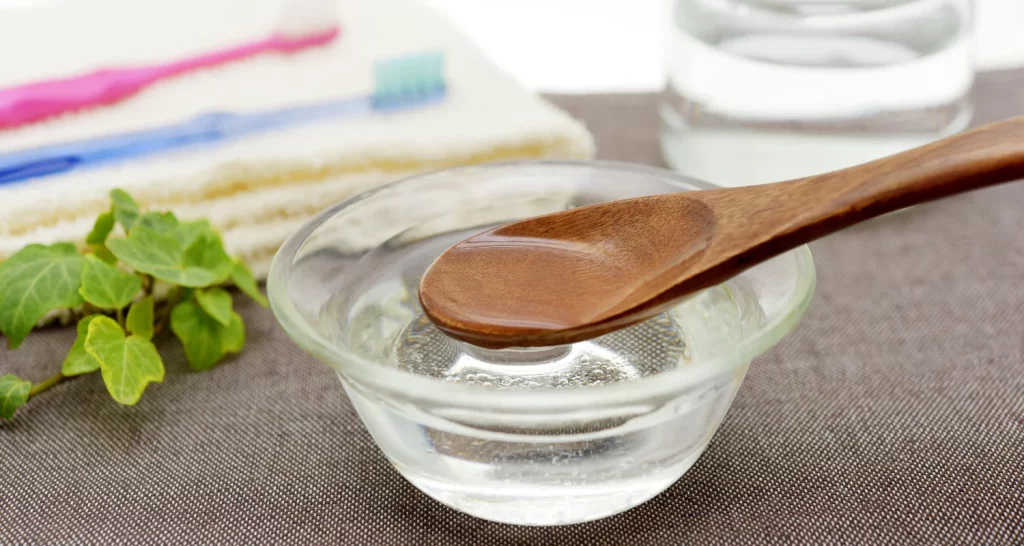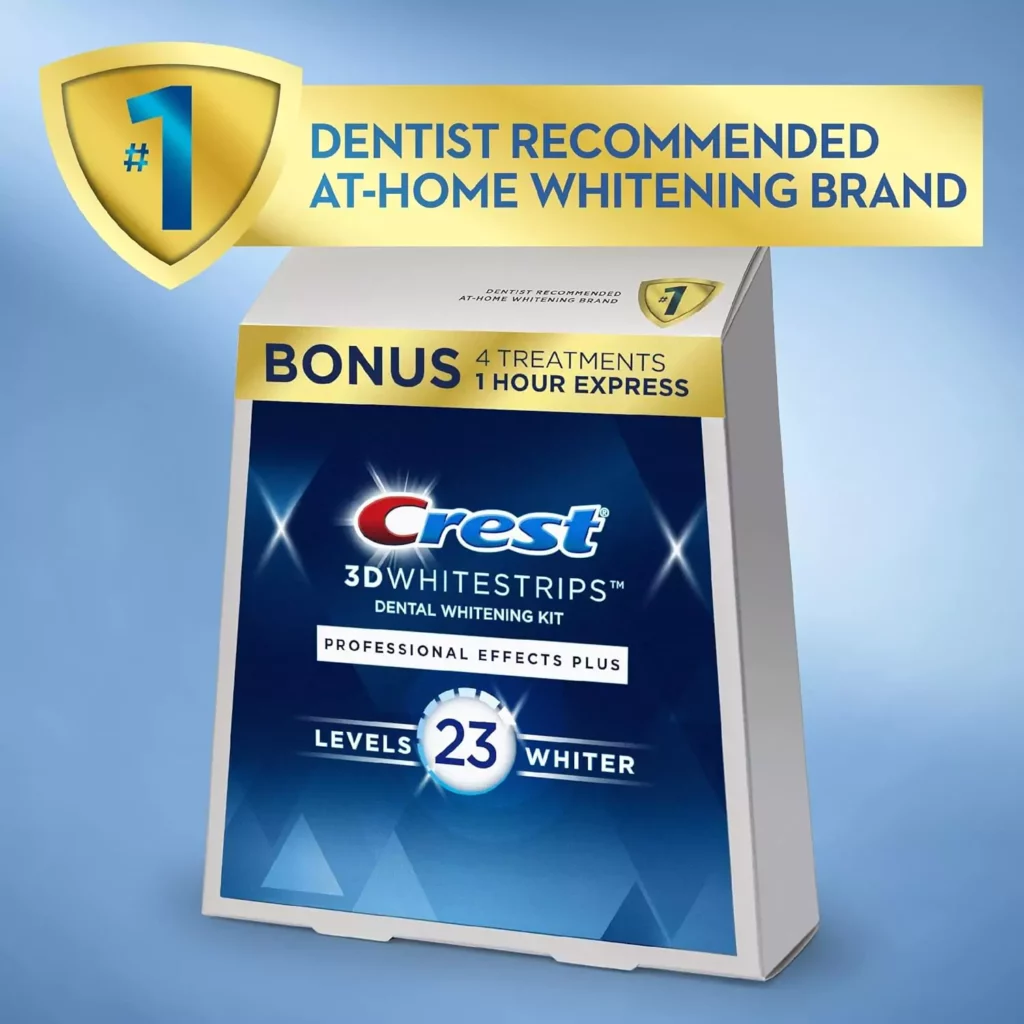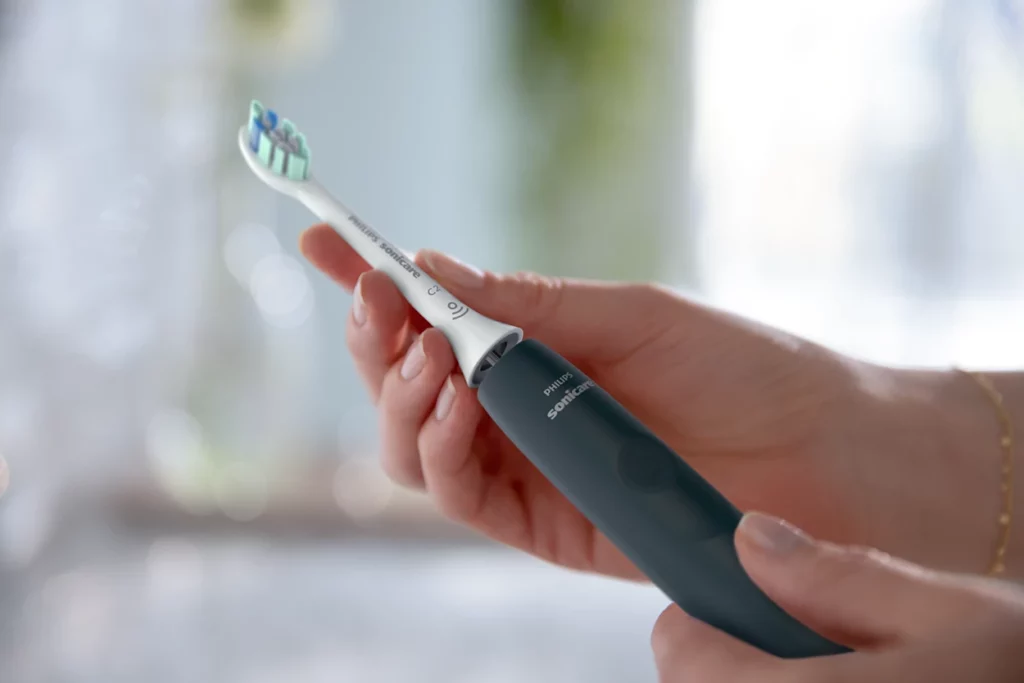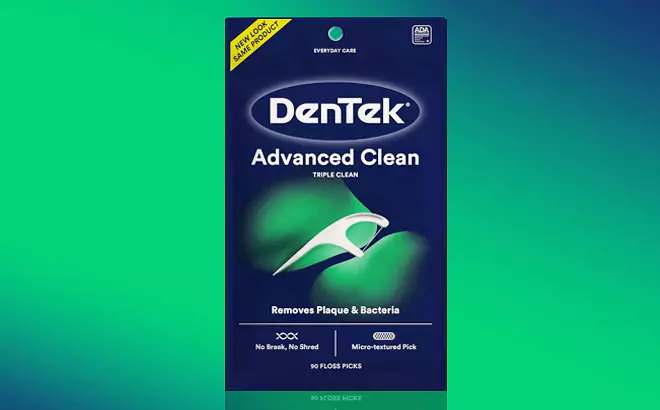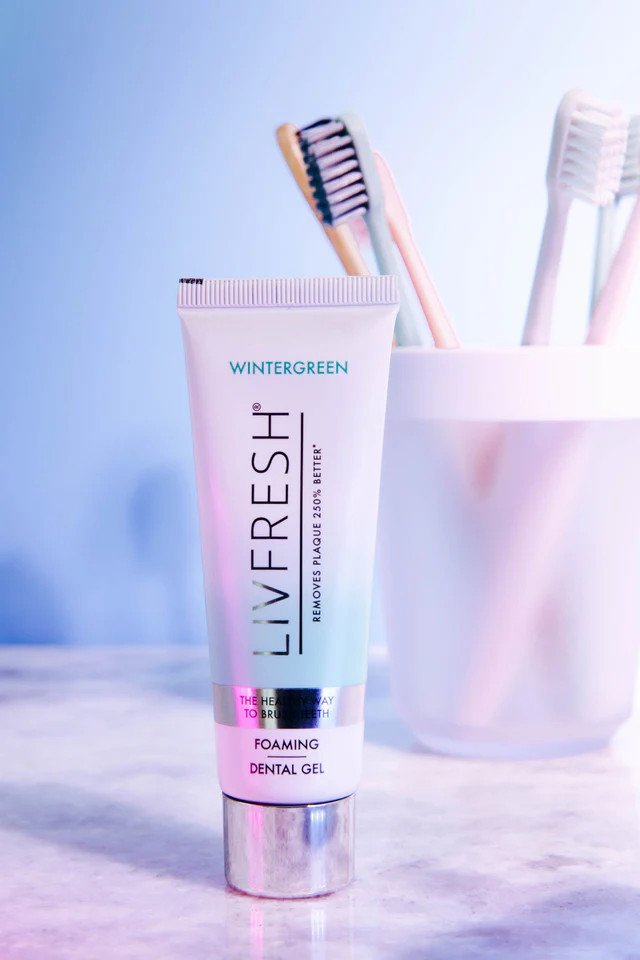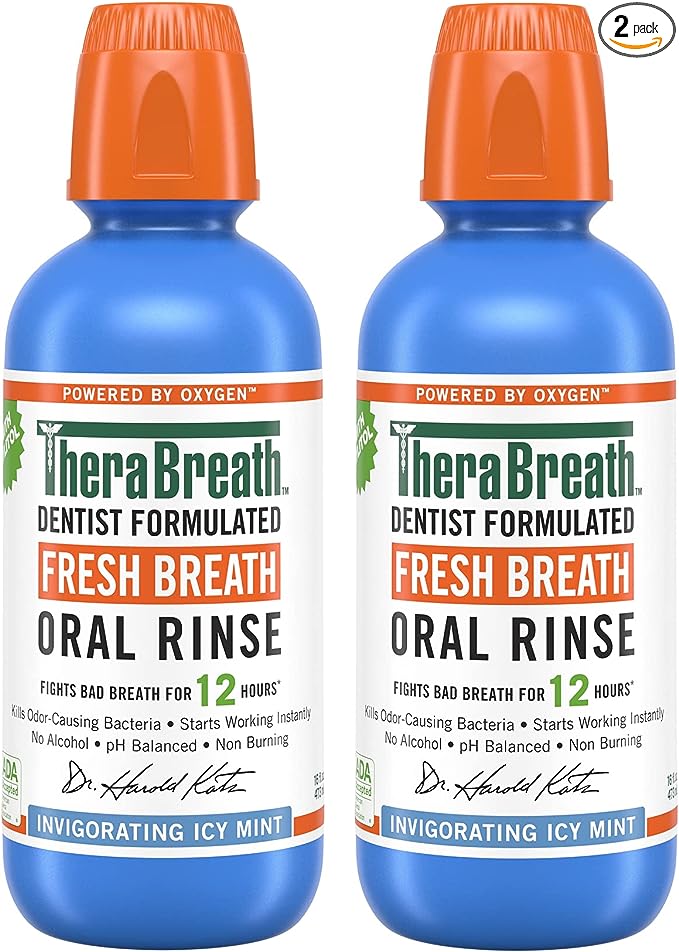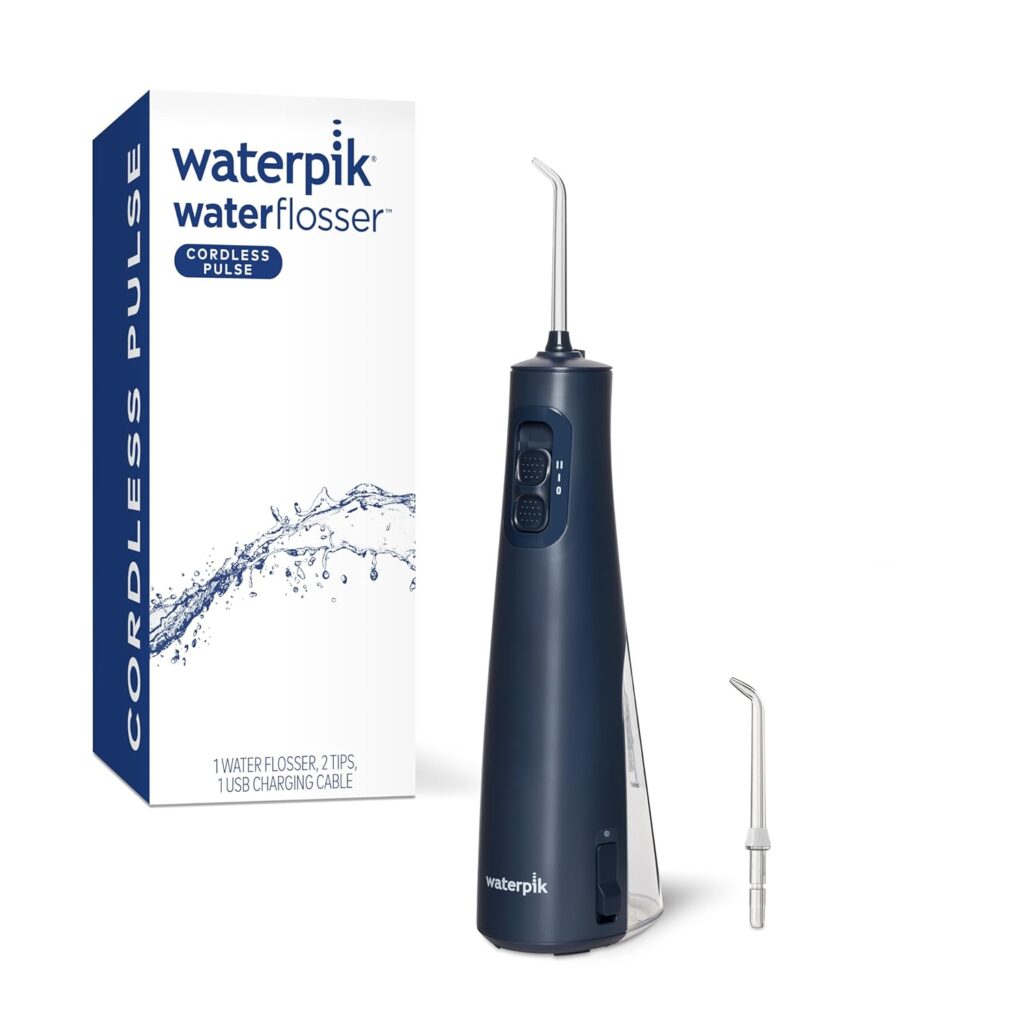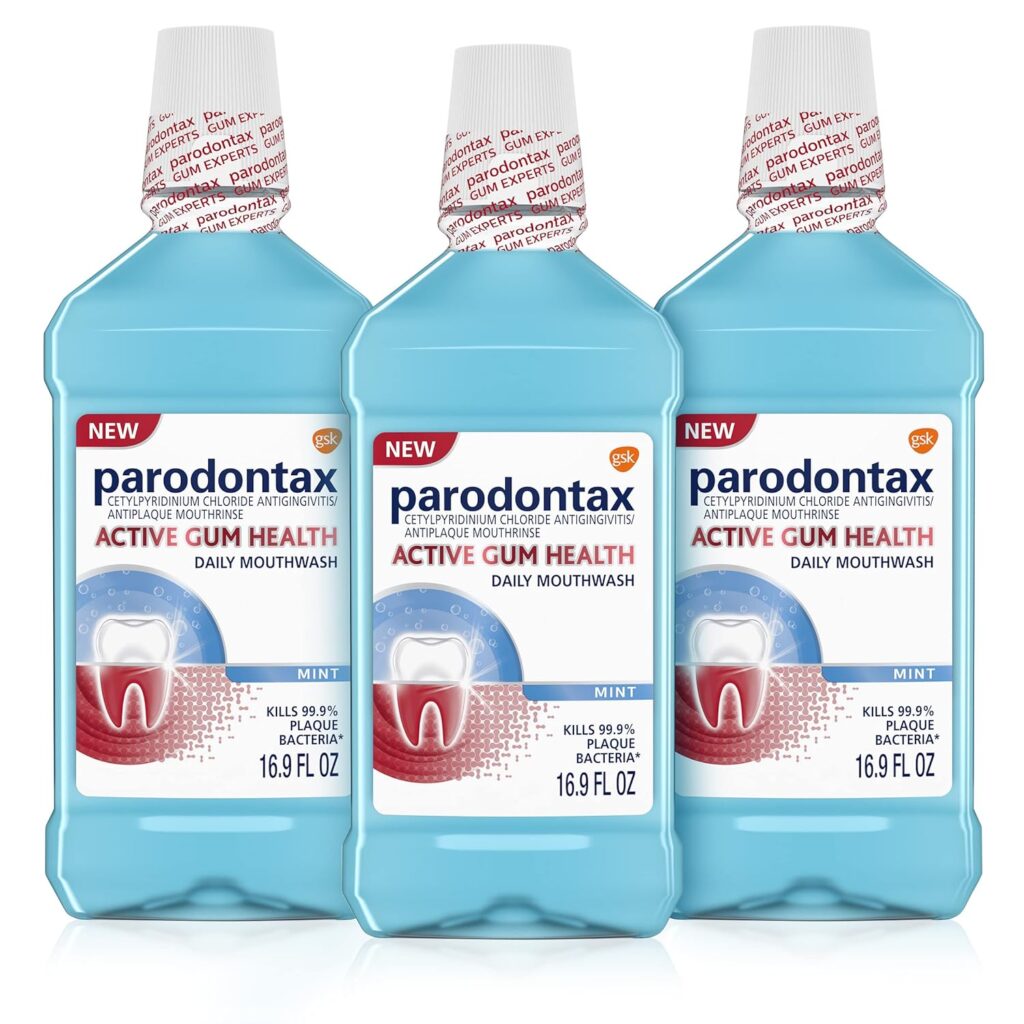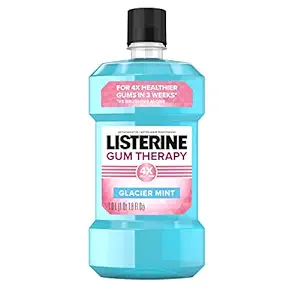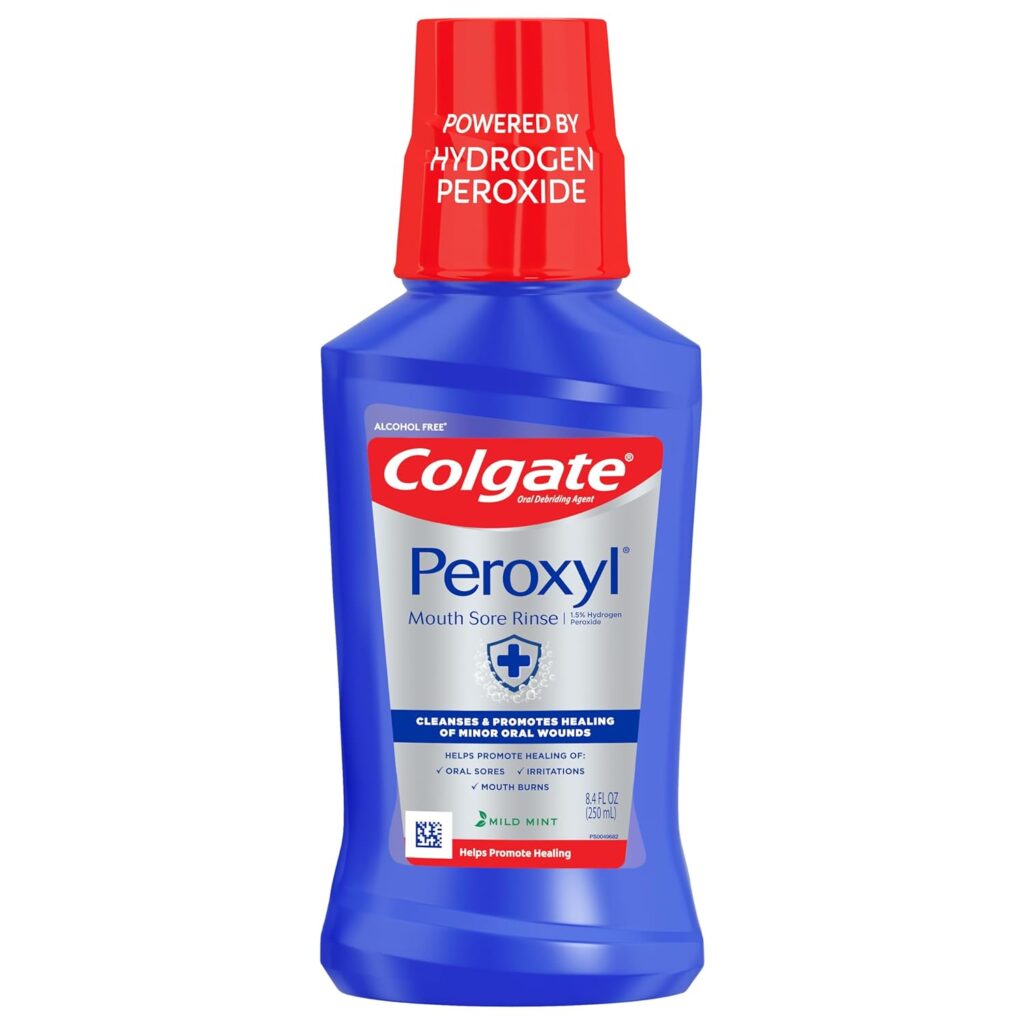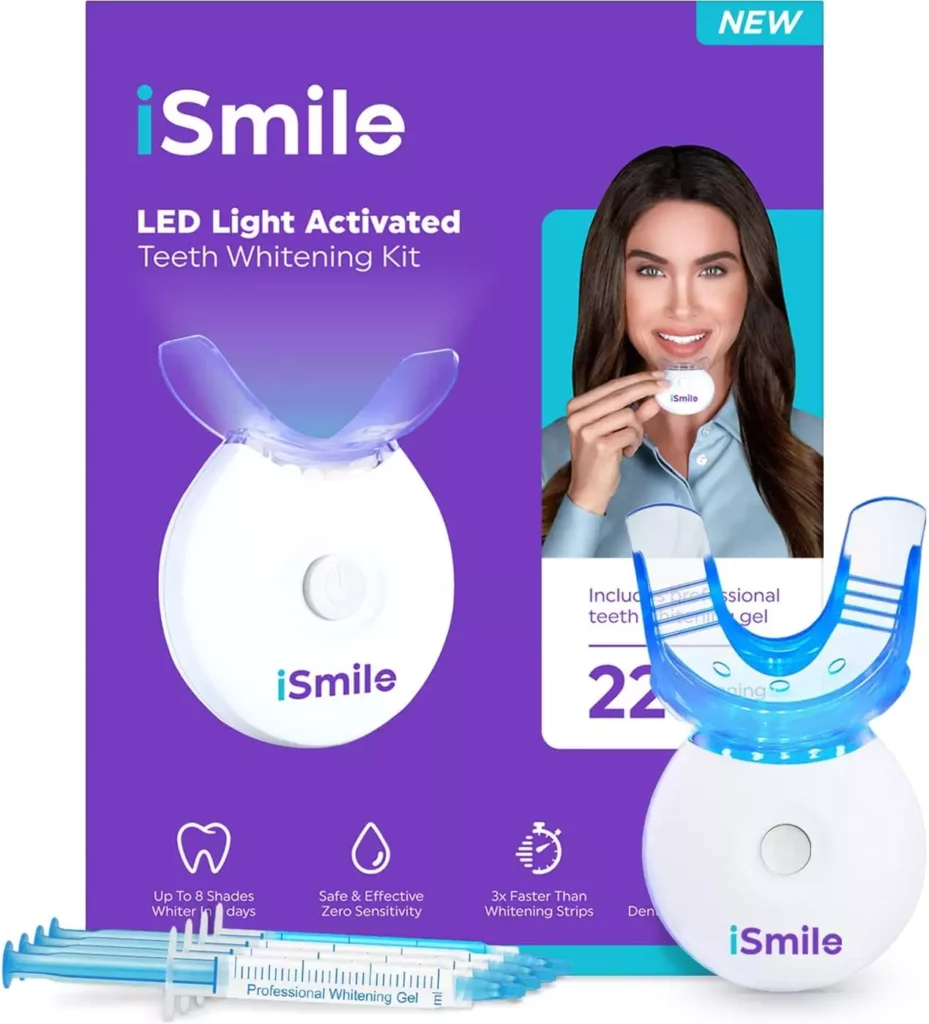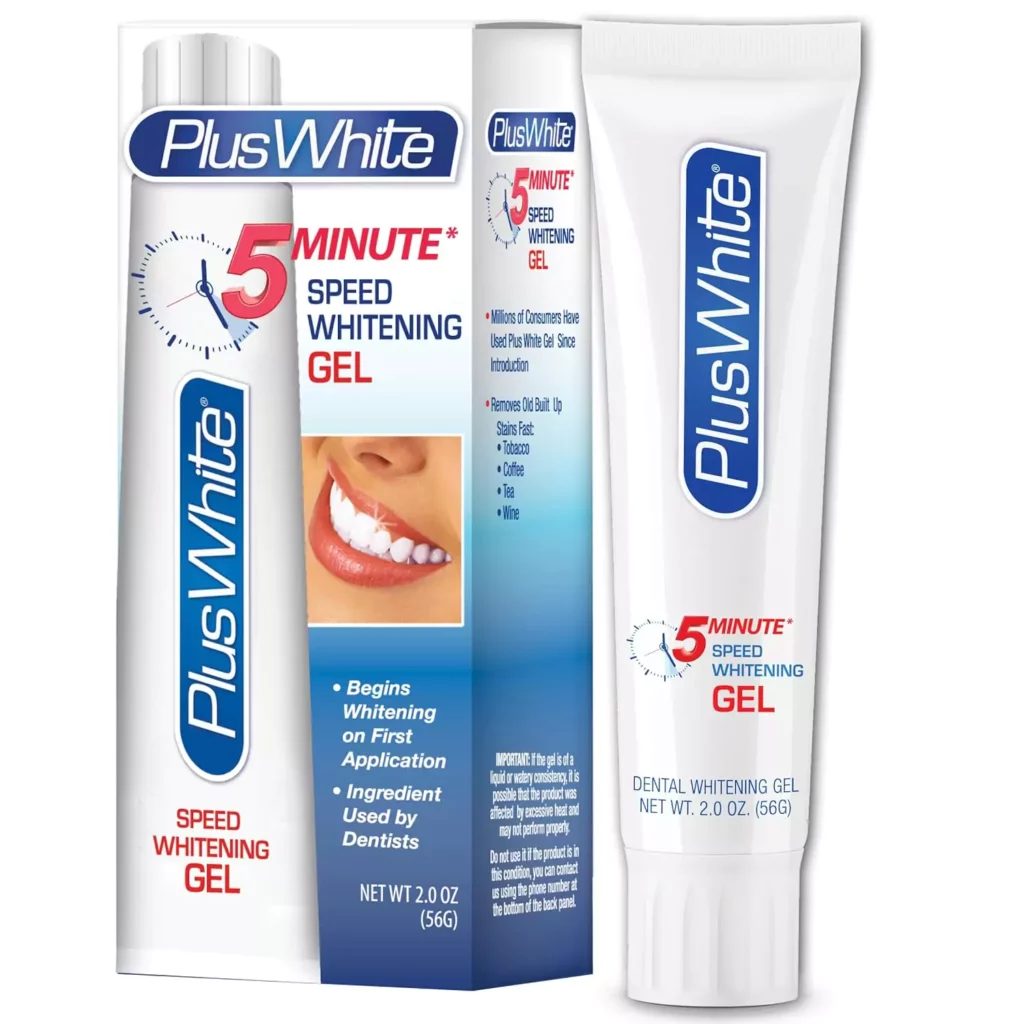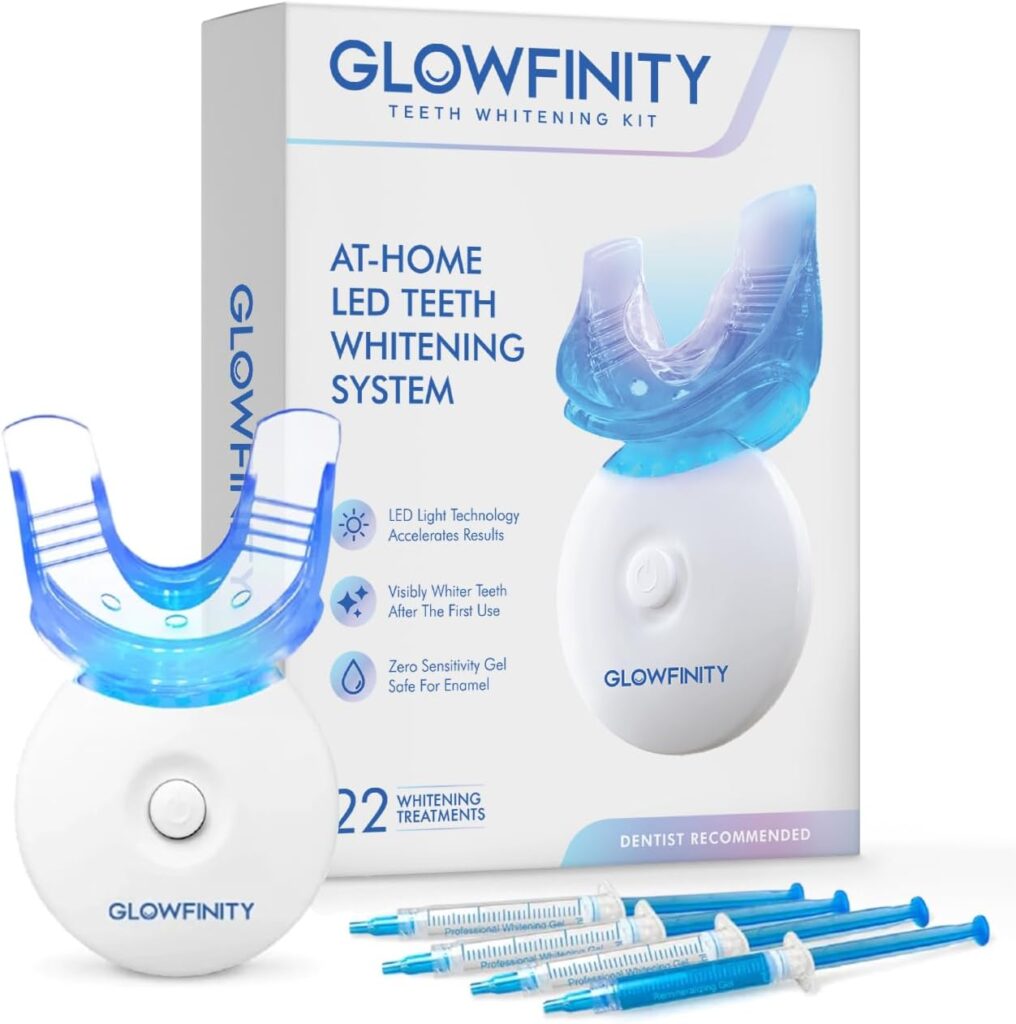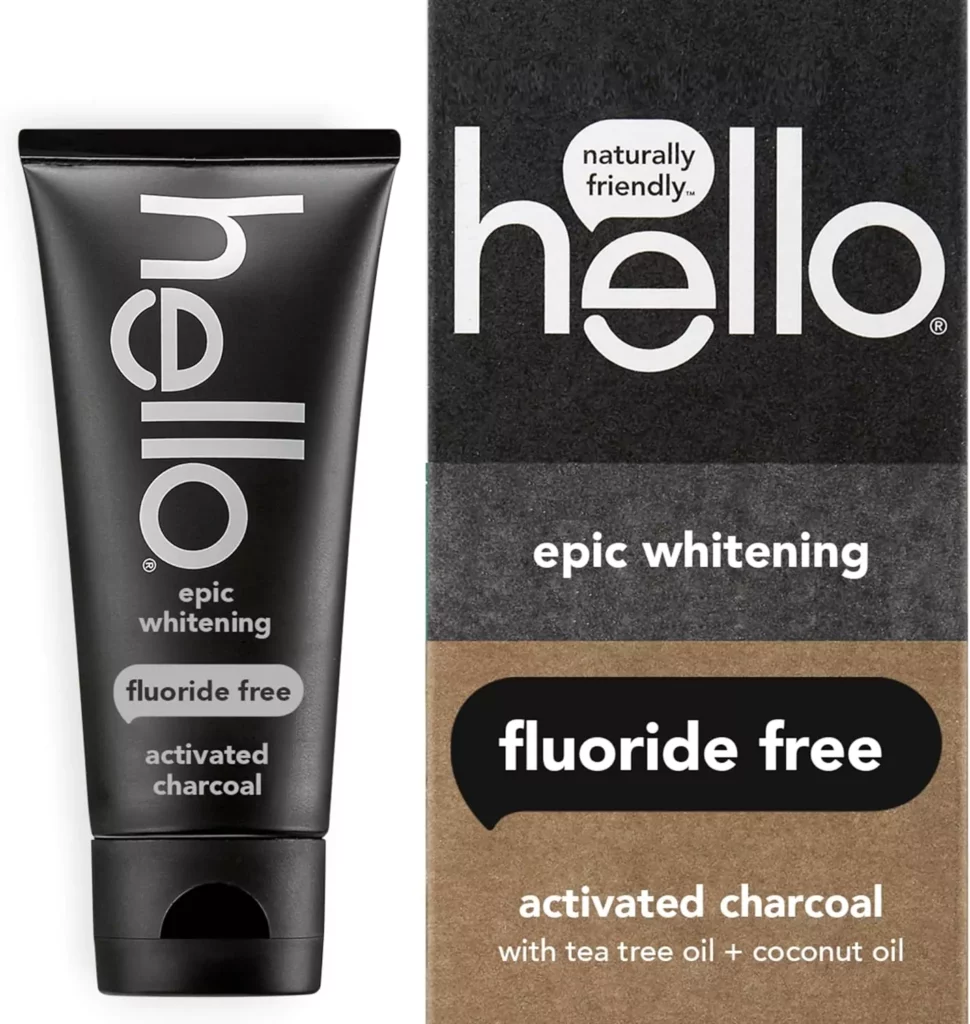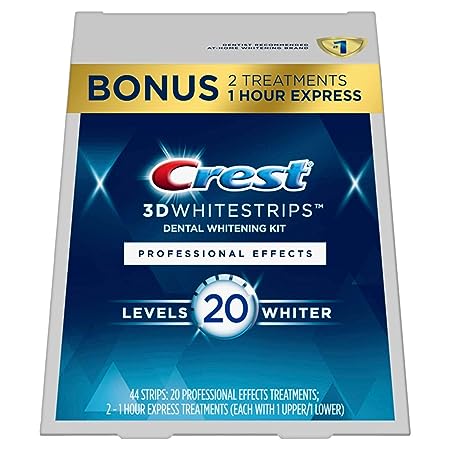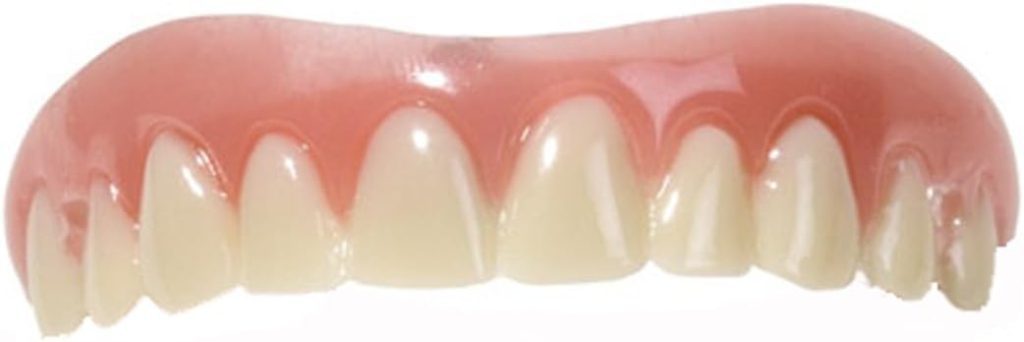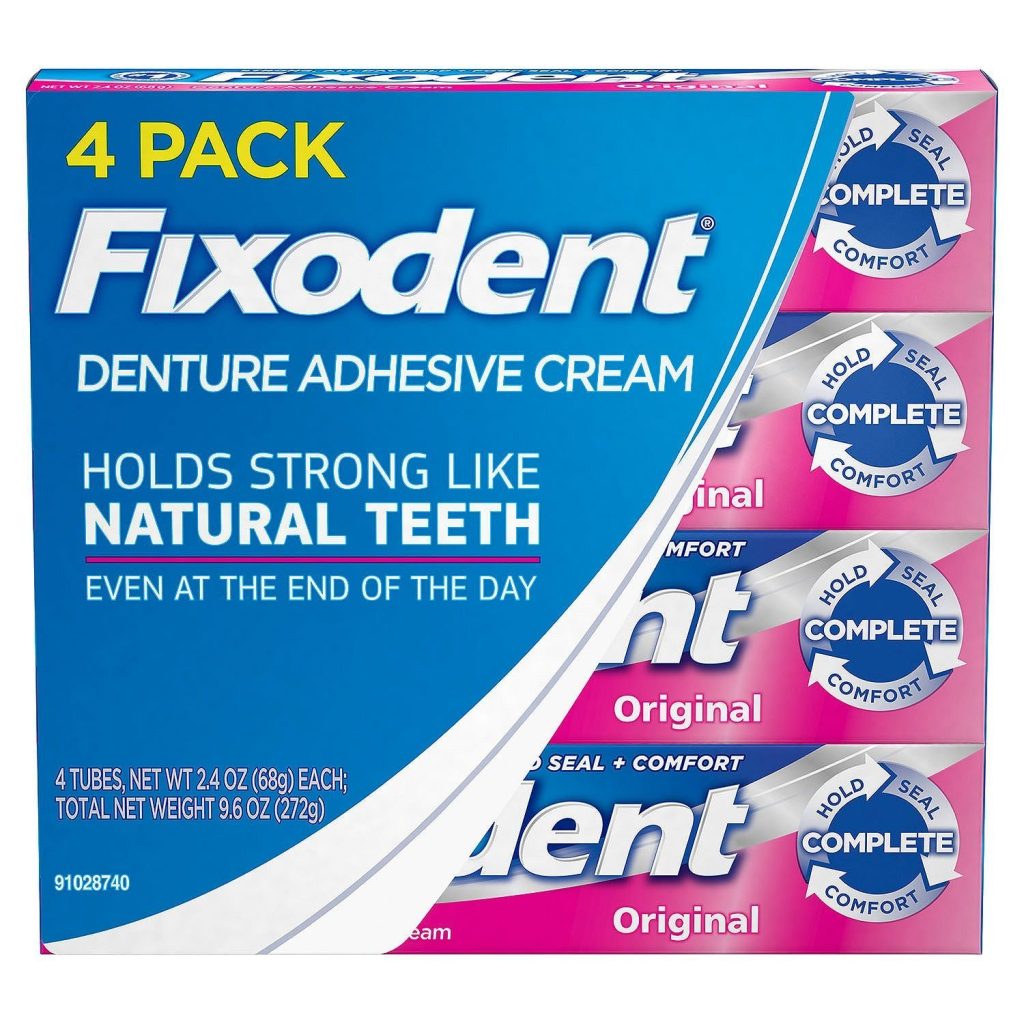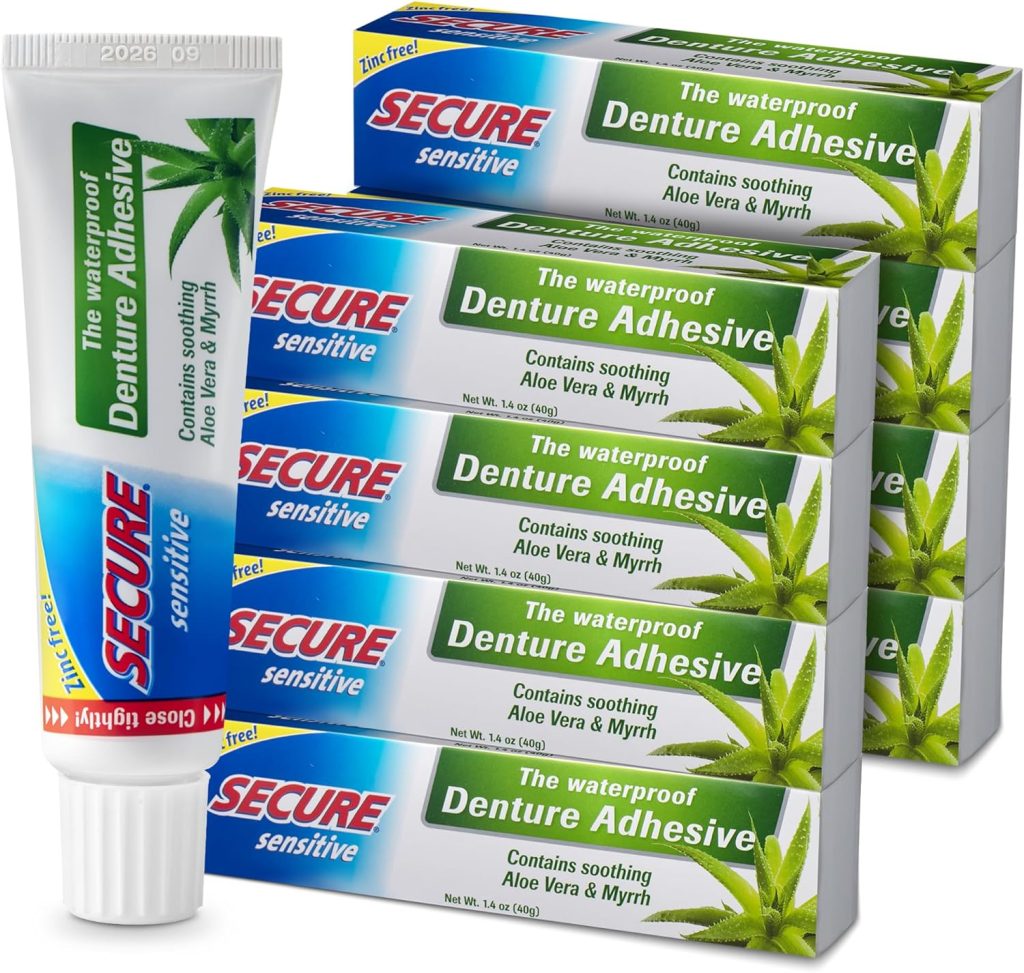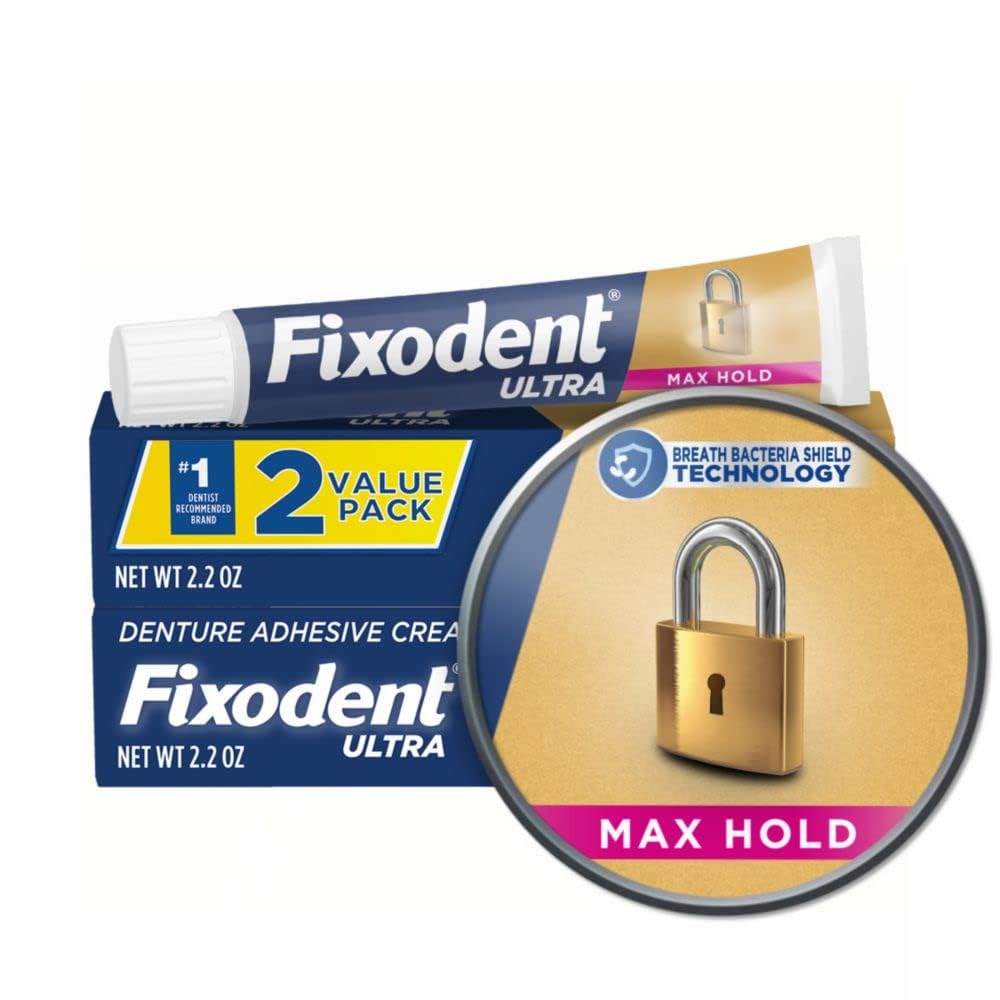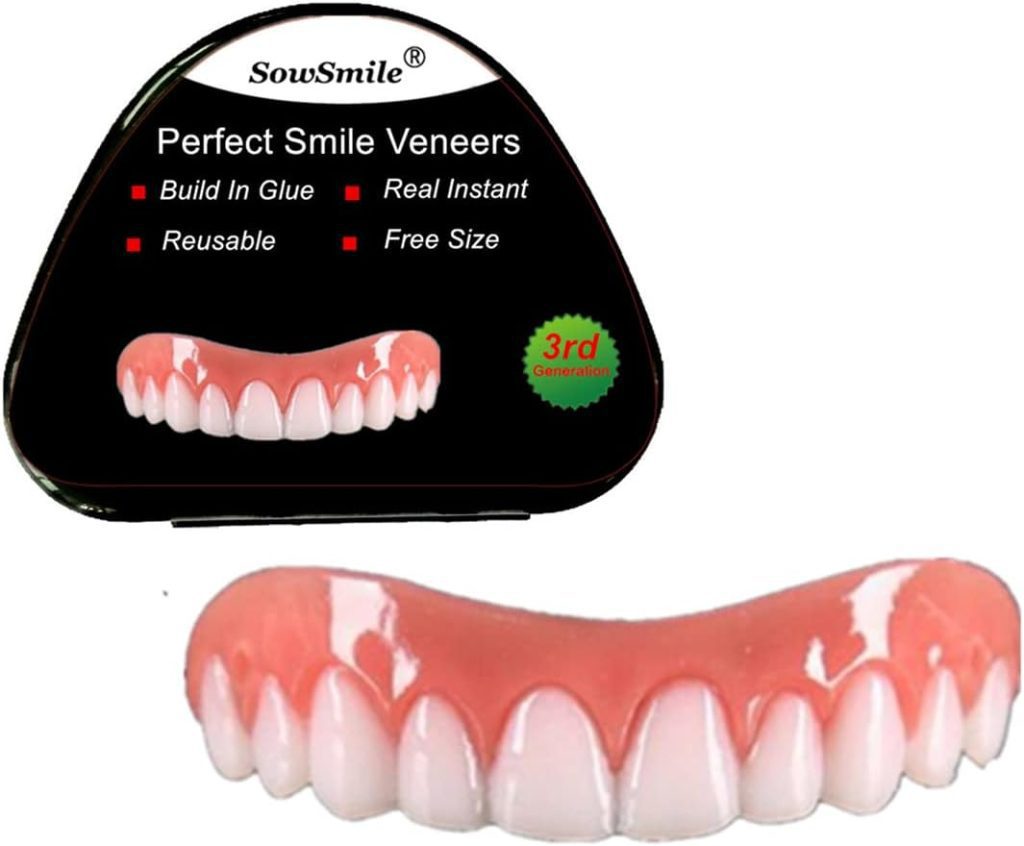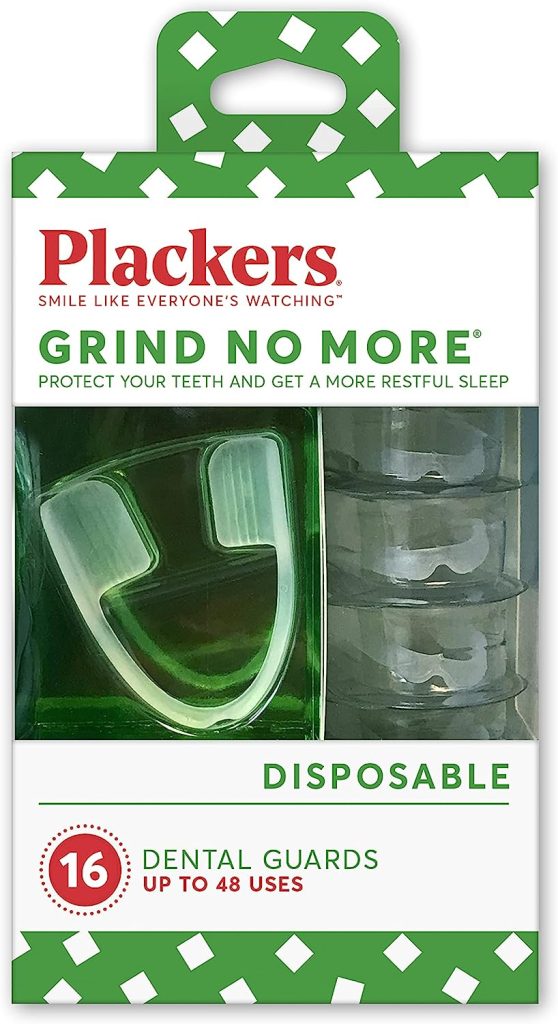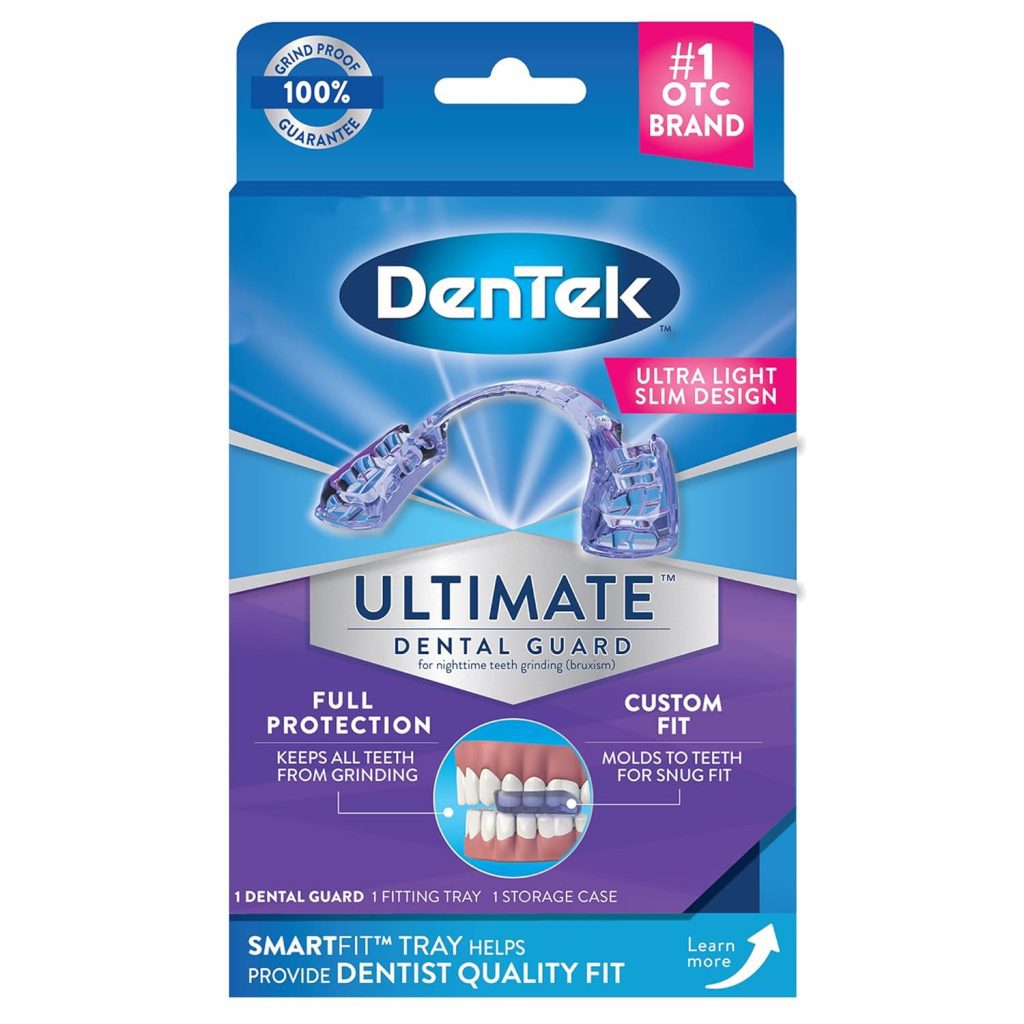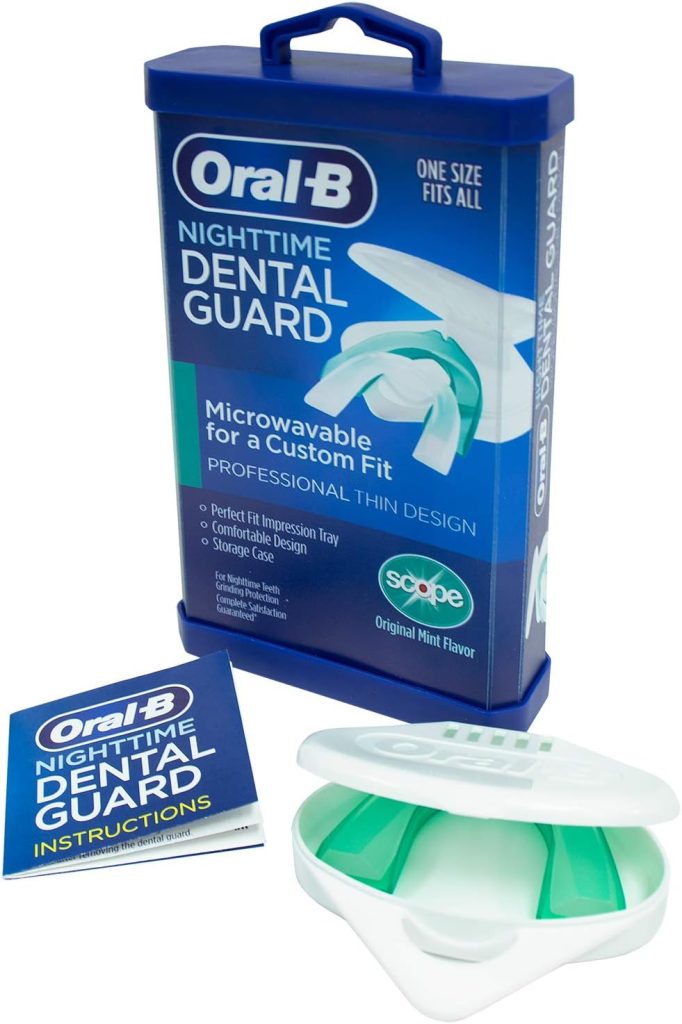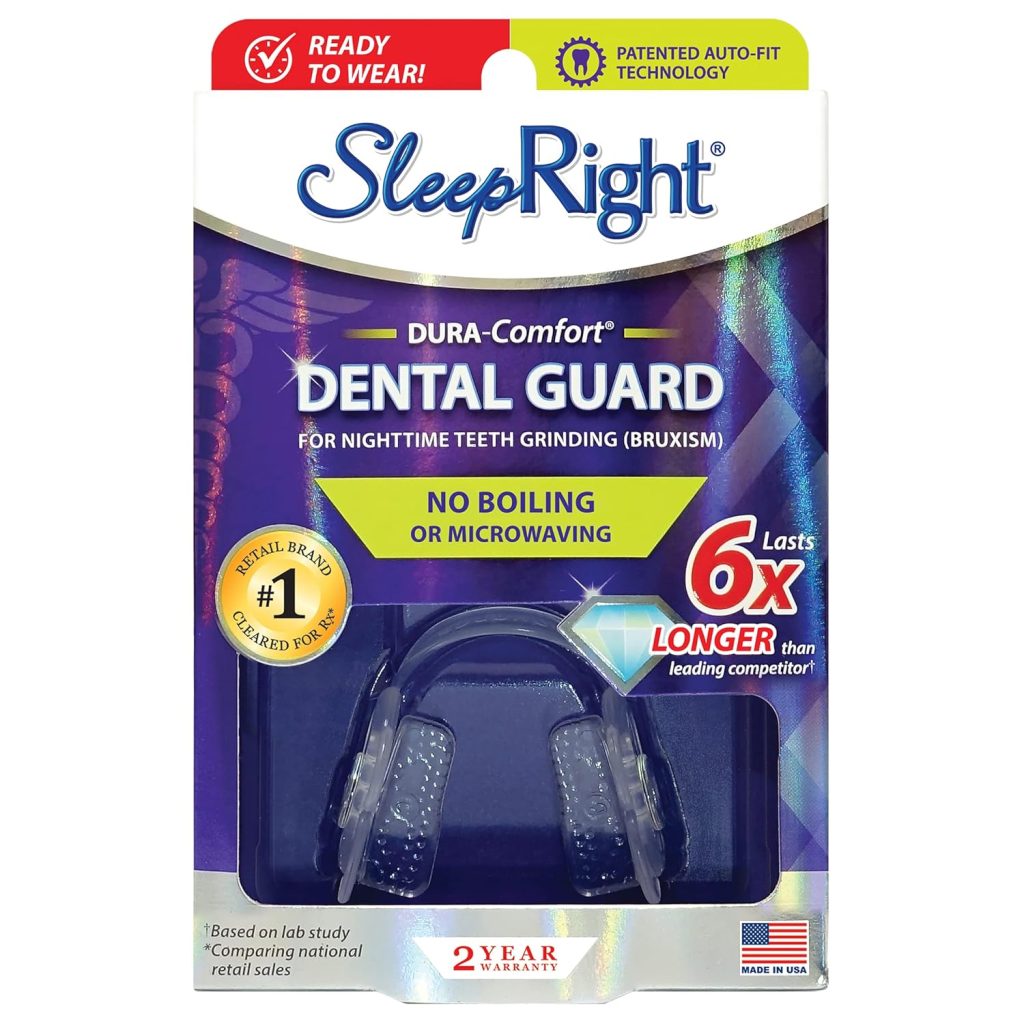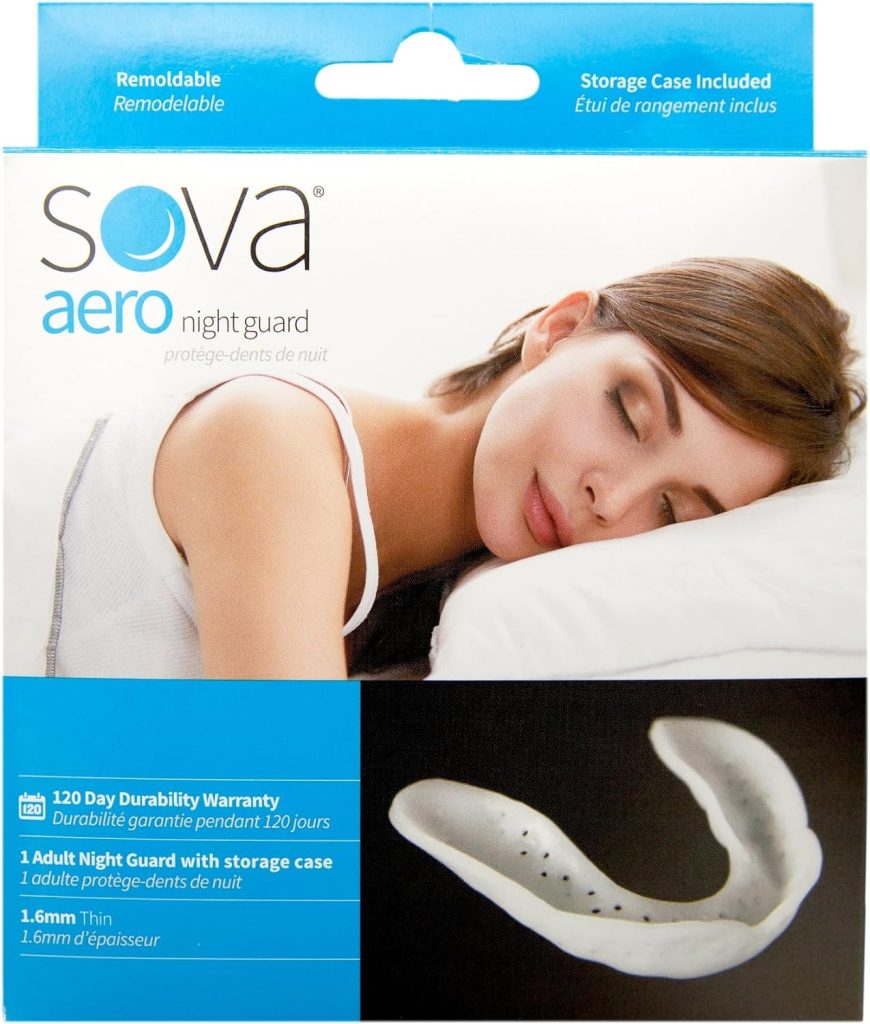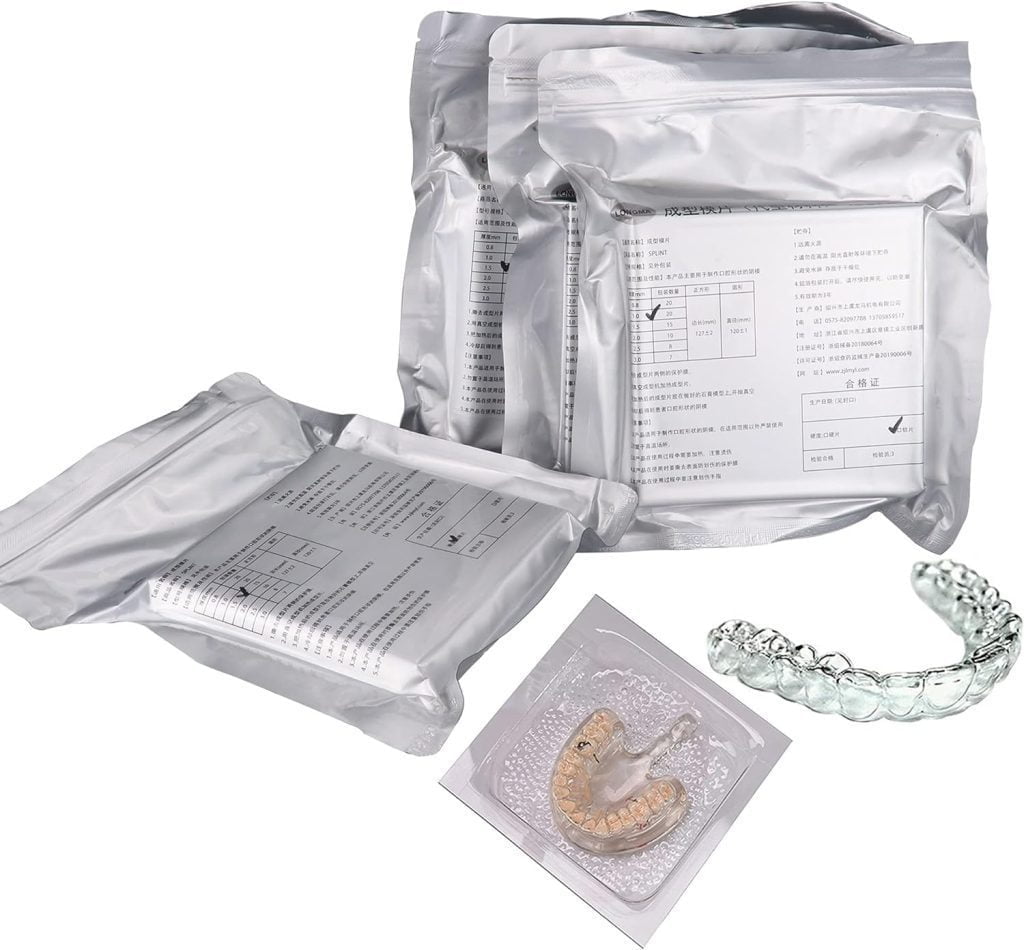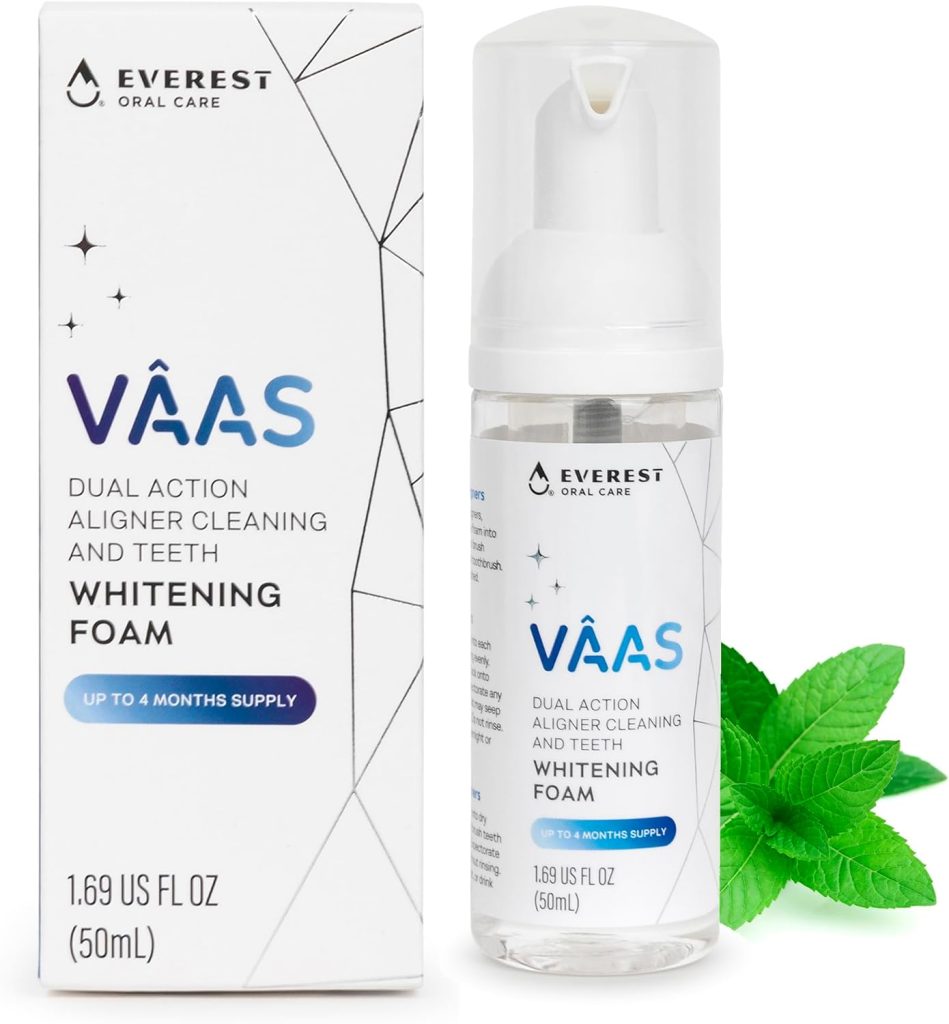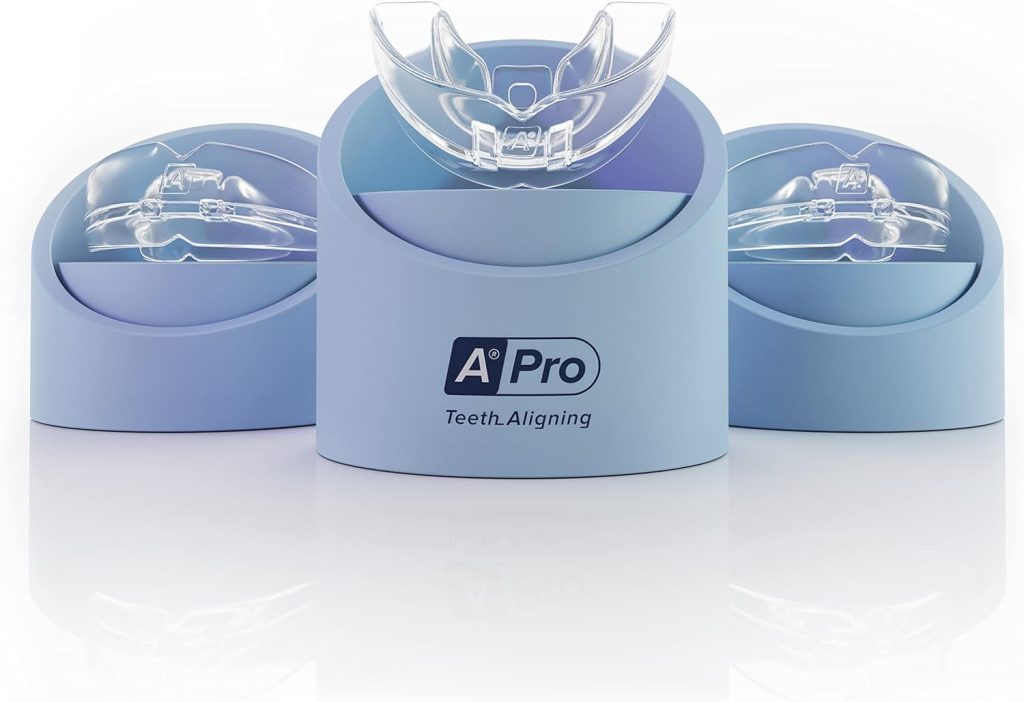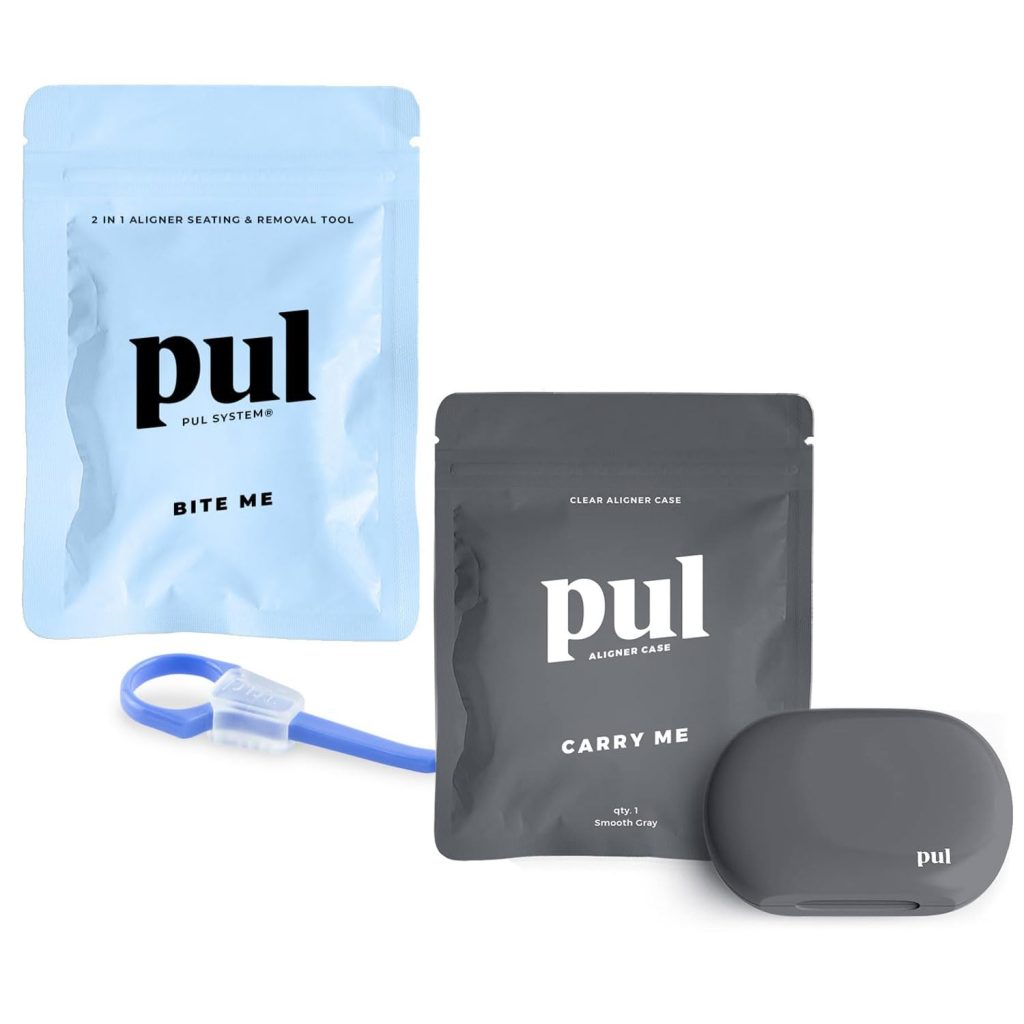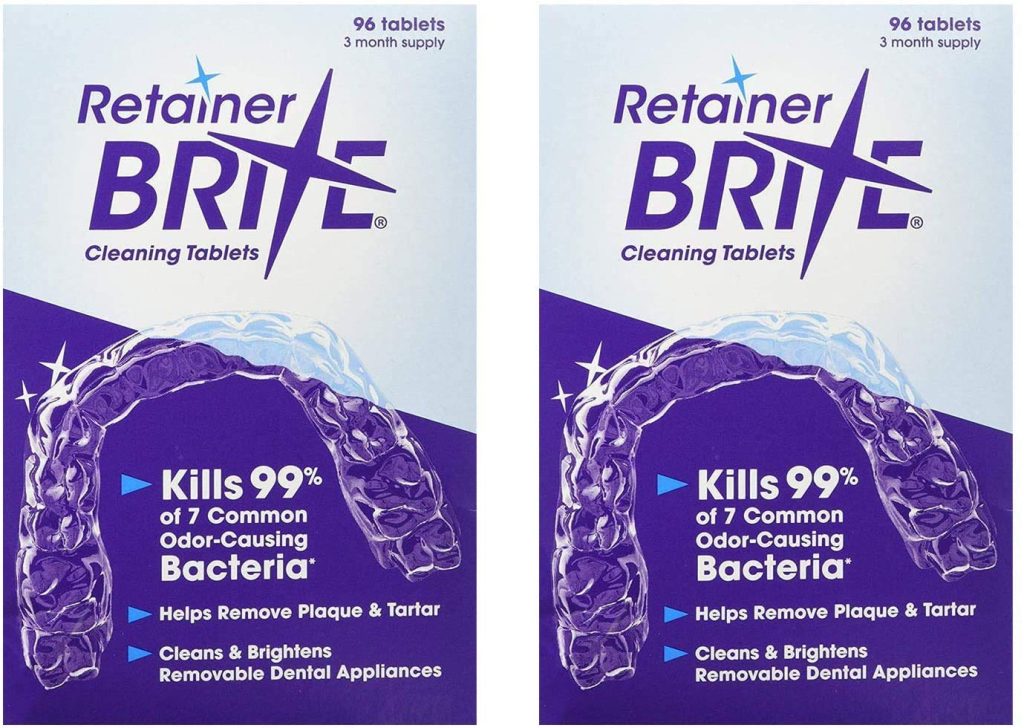Home Dental Services
Home Dental Services
Good dental hygiene is the key to a lifelong healthy smile. Brushing, flossing, and professional cleanings remove plaque and bacteria, preventing cavities, gum disease, and bad breath. Take care of your teeth today for a brighter tomorrow!
Bleeding gums, bad breath, or swelling? These are signs of gum disease, which can lead to tooth loss if untreated. Brushing, flossing, and regular dental visits keep gums healthy and prevent serious oral health issues.
Coffee, tea, and aging can stain teeth over time. Professional whitening treatments safely remove deep stains, restoring a bright, radiant smile. Get noticeable results quickly and boost your confidence!
Missing a tooth? Temporary teeth provide an aesthetic and functional solution while you wait for a permanent restoration, such as an implant or bridge. They help maintain your smile and speech without long-term commitment.
Struggling with poor sleep or loud snoring? You might have sleep apnea. A custom dental device can help keep your airway open, improving breathing and rest. Wake up refreshed and energized!
Want straighter teeth without metal braces? Clear aligners are a nearly invisible, comfortable way to correct misalignment. They’re removable, making eating and cleaning easy while gradually perfecting your smile.
Choose your service


How can World Of Dentistry help you get better smile?
dental hygiene
Improve and maintain your smile anywhere.
Maintaining good dental hygiene at home is essential for oral health and overall health. To do this, it is important to carry out a series of actions on a daily basis, and at World Of Dentistry we know them all. For this reason, we recommend that you follow these tips for dental health care at home.
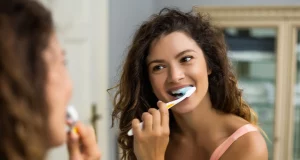
Brushing your teeth three times a day, after every meal, is essential to maintain a perfect oral hygiene routine. In this regard, it is important to use a toothbrush with soft bristles and change it every three months.
Also, be sure to brush each tooth and the surface of the tongue to remove bacteria that can cause bad breath.
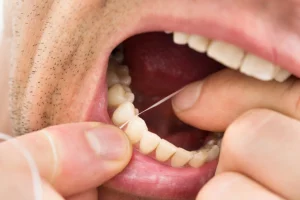 Dental floss is key to removing plaque and debris between teeth. Use it daily before brushing your teeth. Find out more in our post on How to maintain an oral hygiene routine and share your tips for a healthy smile.
Dental floss is key to removing plaque and debris between teeth. Use it daily before brushing your teeth. Find out more in our post on How to maintain an oral hygiene routine and share your tips for a healthy smile.
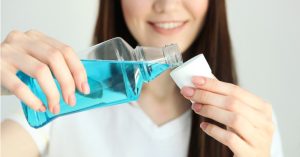 For a radiant, pain-free smile, combine flossing with a good mouthwash. Opt for one that contains fluoride to strengthen teeth and prevent cavities. Find out more about how to maintain your oral health in my post on Salt water rinse for toothache: share your tips for a healthy mouth!
For a radiant, pain-free smile, combine flossing with a good mouthwash. Opt for one that contains fluoride to strengthen teeth and prevent cavities. Find out more about how to maintain your oral health in my post on Salt water rinse for toothache: share your tips for a healthy mouth!
 For a radiant smile, take care of your diet. Limit sugary foods and drinks to avoid tooth damage and cavities. Opt for healthy choices such as fruits and vegetables. Discover more tips on nutrition and oral health in our post: Together for a healthier smile!
For a radiant smile, take care of your diet. Limit sugary foods and drinks to avoid tooth damage and cavities. Opt for healthy choices such as fruits and vegetables. Discover more tips on nutrition and oral health in our post: Together for a healthier smile!
 Strengthen your smile at home by incorporating calcium-rich foods such as milk, cheese and yogurt. These not only strengthen your teeth, but also your bones. Discover more nutritional advice tips in our post and share your path to optimal dental health!
Strengthen your smile at home by incorporating calcium-rich foods such as milk, cheese and yogurt. These not only strengthen your teeth, but also your bones. Discover more nutritional advice tips in our post and share your path to optimal dental health!
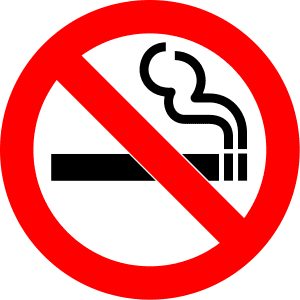 Protect your smile and your overall well-being by avoiding tobacco use. Smoking not only damages your teeth and gums, but also increases the risk of oral diseases and oral cancer. Find out more about how to take care of your dental health in our post on Leukoplakia: join the fight against smoking!
Protect your smile and your overall well-being by avoiding tobacco use. Smoking not only damages your teeth and gums, but also increases the risk of oral diseases and oral cancer. Find out more about how to take care of your dental health in our post on Leukoplakia: join the fight against smoking!
Latest Posts:
Explore our dental hygiene articles
The best products to use at home!
Gum Disease
How to protect your gums and prevent diseases?
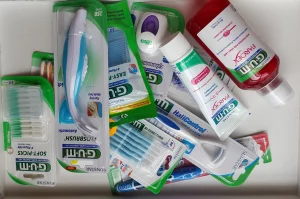 Discover our selection of over-the-counter gum care products. From specialized mouthwashes to dental floss and interdental brushes, we offer effective solutions to combat diseases such as gingivitis and periodontitis. Take care of your oral health with our range of recommended products!
Discover our selection of over-the-counter gum care products. From specialized mouthwashes to dental floss and interdental brushes, we offer effective solutions to combat diseases such as gingivitis and periodontitis. Take care of your oral health with our range of recommended products!
 Access online consultationswith our dental experts to receive personalized prescriptions and advice for the treatment of gum disease. Our team of professionals is here to help you treat problems such as gingivitis and periodontitis conveniently and effectively – make your oral health a priority today!
Access online consultationswith our dental experts to receive personalized prescriptions and advice for the treatment of gum disease. Our team of professionals is here to help you treat problems such as gingivitis and periodontitis conveniently and effectively – make your oral health a priority today!
 Discover our selection of dentist-recommended gum care products designed to effectively combat diseases such as gingivitis and periodontitis, and don’t miss our article on the proper use of antibiotics in case of dental infection. Put your oral health first with our professional advice and recommendations.
Discover our selection of dentist-recommended gum care products designed to effectively combat diseases such as gingivitis and periodontitis, and don’t miss our article on the proper use of antibiotics in case of dental infection. Put your oral health first with our professional advice and recommendations.
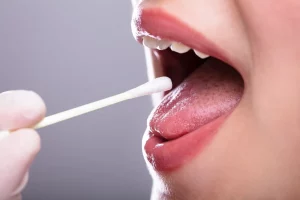 Discover the convenience and accuracy of saliva testing for periodontal disease in our section dedicated to gum disease. Also, don’t miss our article on effective management of odontogenic infections – put your oral health first with reliable information and tools!
Discover the convenience and accuracy of saliva testing for periodontal disease in our section dedicated to gum disease. Also, don’t miss our article on effective management of odontogenic infections – put your oral health first with reliable information and tools!
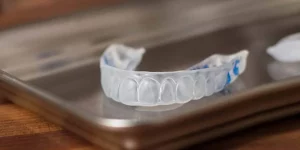 Discover Perio Protect, an innovative treatment for gum disease. This system uses customized trays and a special gel to effectively combat gingivitis and periodontitis. Improve the health of your gums with Perio Protect and regain a radiant smile.
Discover Perio Protect, an innovative treatment for gum disease. This system uses customized trays and a special gel to effectively combat gingivitis and periodontitis. Improve the health of your gums with Perio Protect and regain a radiant smile.
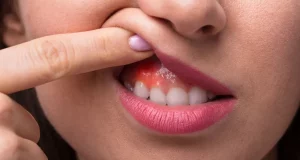 We offer customized impressions and fast turnaround times for gum disease treatments – be sure to read our article on the 4 stages of gum disease to better understand your oral health! Prioritize your dental wellness with our informative services and resources.
We offer customized impressions and fast turnaround times for gum disease treatments – be sure to read our article on the 4 stages of gum disease to better understand your oral health! Prioritize your dental wellness with our informative services and resources.
Latest Posts:
The best products to use at home!
Teeth Whitening
How to protect your gums and prevent diseases?
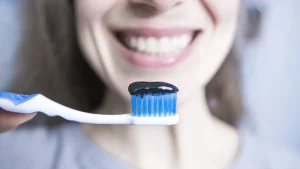 Discover our selection of over-the-counter teeth whitening products designed to brighten your smile, and don’t miss our dental products that can complement your oral care routine! Get a brighter smile with our recommended products.
Discover our selection of over-the-counter teeth whitening products designed to brighten your smile, and don’t miss our dental products that can complement your oral care routine! Get a brighter smile with our recommended products.
 Discover the convenience of online consultations for teeth whitening. Get personalized advice from home to achieve a brighter smile. Don’t wait any longer to improve your smile! Access our Online Dental Consultations and start your journey to a more radiant smile today.
Discover the convenience of online consultations for teeth whitening. Get personalized advice from home to achieve a brighter smile. Don’t wait any longer to improve your smile! Access our Online Dental Consultations and start your journey to a more radiant smile today.
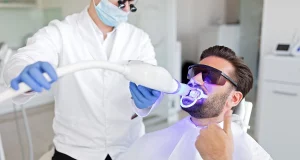 Explore our dentist-recommended options for teeth whitening. From in-office treatments to at-home whitening kits, we offer safe and effective solutions. Don’t miss our post The Best Teeth Whitening Method to find the ideal option for you! Prioritize your smile with us.
Explore our dentist-recommended options for teeth whitening. From in-office treatments to at-home whitening kits, we offer safe and effective solutions. Don’t miss our post The Best Teeth Whitening Method to find the ideal option for you! Prioritize your smile with us.
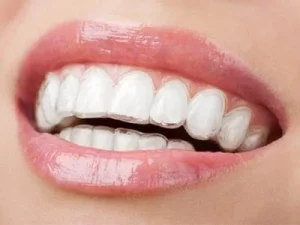 We offer a full service of impressions and delivery of custom trays for teeth whitening. Our process ensures a perfect fit and optimal results. Get a brighter, more radiant smile with our whitening trays! Trust us to take care of your smile.
We offer a full service of impressions and delivery of custom trays for teeth whitening. Our process ensures a perfect fit and optimal results. Get a brighter, more radiant smile with our whitening trays! Trust us to take care of your smile.
Latest Posts:
The best products to use at home!
Natural Dental Care
How to protect your gums and prevent diseases?
 Access online consultations for the care of primary teeth. Our specialists will provide you with personalized advice to maintain the health and proper development of your children’s teeth. Be sure to visit our Online Dental Consultation site and secure your little one’s smile!
Access online consultations for the care of primary teeth. Our specialists will provide you with personalized advice to maintain the health and proper development of your children’s teeth. Be sure to visit our Online Dental Consultation site and secure your little one’s smile!
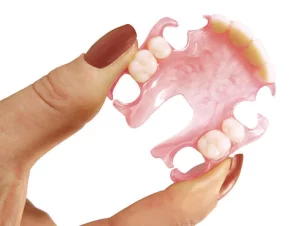 We offer a complete service of flexible partial printing and delivery. Our team makes sure that each piece fits perfectly and provides comfort for your children. Trust us to take care of your little ones’ developing smile with professionalism and precision!
We offer a complete service of flexible partial printing and delivery. Our team makes sure that each piece fits perfectly and provides comfort for your children. Trust us to take care of your little ones’ developing smile with professionalism and precision!
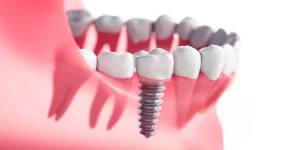 We offer specialized adjustment and management services for temporary teeth, ensuring their proper development and oral health. For more information on dental procedures, including the dental implant, feel free to check out our dedicated article. Prioritize your children’s dental health with us.
We offer specialized adjustment and management services for temporary teeth, ensuring their proper development and oral health. For more information on dental procedures, including the dental implant, feel free to check out our dedicated article. Prioritize your children’s dental health with us.
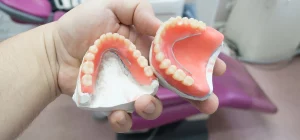 Discover our permanent prostheses, designed to ensure proper functionality and aesthetics. In our post on permanent dentures, you’ll find detailed information on how to improve oral health in the long term. Prioritize your children’s smiles with our professional solutions!
Discover our permanent prostheses, designed to ensure proper functionality and aesthetics. In our post on permanent dentures, you’ll find detailed information on how to improve oral health in the long term. Prioritize your children’s smiles with our professional solutions!
Latest Posts:
The best products to use at home!
Advanced Dental Solutions
Grinding and clenching of teeth can be effectively managed at home through the use of oral appliances, heat and cold compresses, and informed strategies for bruxism management. Seeking professional advice and maintaining a proactive approach to oral health can lead to improved comfort and well-being for individuals dealing with the challenges of bruxism.
Temperature therapies, such as heat and cold compresses, can be valuable additions to the at-home management of teeth grinding and clenching. Applying a warm compress to the jaw area can help relax the muscles, reducing tension and discomfort associated with bruxism. On the other hand, cold compresses can be effective in alleviating inflammation and numbing the affected area. Alternating between these two temperature therapies can provide a well-rounded approach to managing the symptoms of bruxism.
Bruxism is the involuntary habit of grinding or clenching the teeth excessively, mainly during the night. Possible causes include stress, anxiety, dental misalignment, and genetic factors.
Common symptoms of bruxism include headaches, jaw and neck pain, tooth sensitivity, enamel wear, and sleep disturbances. Long-term effects can lead to severe dental damage and oral and general health issues.
Dental professionals can diagnose bruxism through a clinical examination, inquiries about the patient’s symptoms, and, in some cases, imaging studies such as X-rays or magnetic resonance imaging (MRI).
Bruxism treatment may involve the use of nighttime mouthguards to prevent dental damage, relaxation therapies to reduce stress and muscle tension, as well as addressing any underlying dental issues that may be contributing to bruxism.
Bruxism prevention involves adopting healthy habits such as avoiding nail-biting and gum chewing, as well as finding ways to manage stress. Long-term care involves regular visits to the dentist to detect and treat any signs of bruxism before it causes severe damage.
Latest Posts:
The best products to use at home!
Aligners & Dental Guards
You can eat gum, yogurt, candy, ice cream and nuts or calmly bite a sandwich or an apple. Then you brush your teeth well or rinse if you don’t have your toothbrush handy and put the aligners back in. Remember that the aligners must be worn for at least 20 hours a day!
 Access online consultations for the care of primary teeth. Our specialists will provide you with personalized advice to maintain the health and proper development of your children’s teeth. Be sure to visit our Online Dental Consultation site and secure your little one’s smile!
Access online consultations for the care of primary teeth. Our specialists will provide you with personalized advice to maintain the health and proper development of your children’s teeth. Be sure to visit our Online Dental Consultation site and secure your little one’s smile!
 We offer a complete service of flexible partial printing and delivery. Our team makes sure that each piece fits perfectly and provides comfort for your children. Trust us to take care of your little ones’ developing smile with professionalism and precision!
We offer a complete service of flexible partial printing and delivery. Our team makes sure that each piece fits perfectly and provides comfort for your children. Trust us to take care of your little ones’ developing smile with professionalism and precision!
 We offer specialized adjustment and management services for temporary teeth, ensuring their proper development and oral health. For more information on dental procedures, including the dental implant, feel free to check out our dedicated article. Prioritize your children’s dental health with us.
We offer specialized adjustment and management services for temporary teeth, ensuring their proper development and oral health. For more information on dental procedures, including the dental implant, feel free to check out our dedicated article. Prioritize your children’s dental health with us.
 Discover our permanent prostheses, designed to ensure proper functionality and aesthetics. In our post on permanent dentures, you’ll find detailed information on how to improve oral health in the long term. Prioritize your children’s smiles with our professional solutions!
Discover our permanent prostheses, designed to ensure proper functionality and aesthetics. In our post on permanent dentures, you’ll find detailed information on how to improve oral health in the long term. Prioritize your children’s smiles with our professional solutions!








